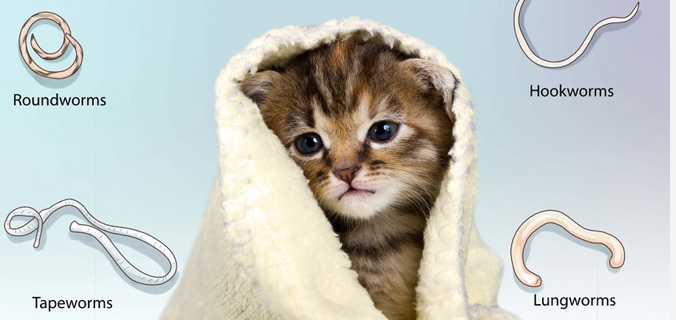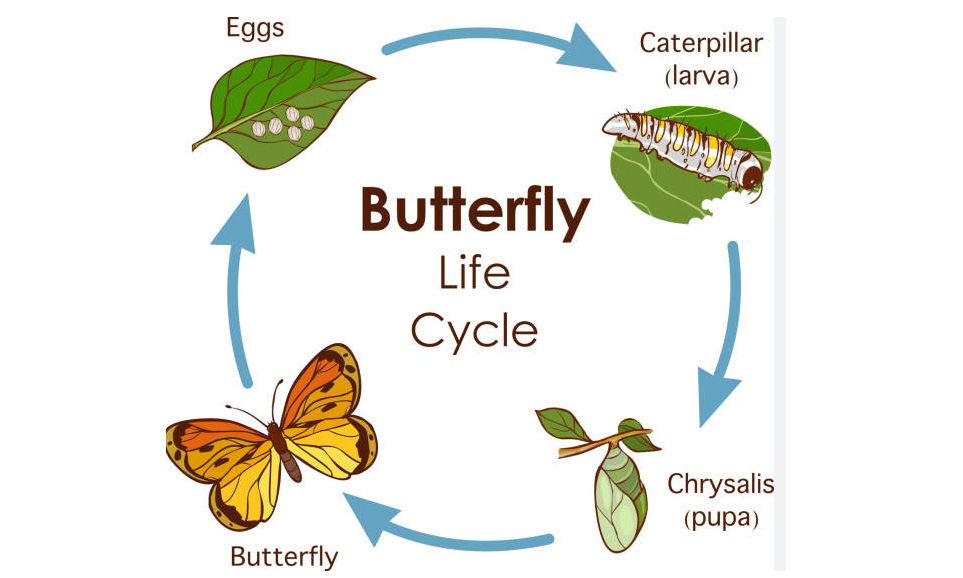Worms in Cats: What Every Cat Owner Should Know
As a cat owner, understanding potential health issues is vital to keeping your feline friend happy and healthy. One common concern is the presence of worms, which can affect cats of all ages. This blog post delves into the types of worms that can impact your cat, signs of infection, and effective prevention strategies.
Types of Worms in Cats
Cats can be affected by several types of worms, the most common being roundworms, tapeworms, and hookworms. Roundworms are long and spaghetti-like, often transmitted through contact with infected feces or contaminated soil. Tapeworms, which resemble flat segments, are typically contracted by ingesting infected fleas or rodents. Lastly, hookworms are smaller and can attach themselves to the intestinal lining, causing blood loss and anemia. Understanding these types is key to recognizing potential threats to your pet’s health.
Signs of Worm Infestation
Recognizing the signs of worm infestation is crucial for timely intervention. Symptoms can vary depending on the type of worm but often include weight loss, increased appetite despite weight loss, vomiting, diarrhea, and a bloated stomach. You may also notice worms in your cat’s feces or around their rear end. Behavioral changes, such as lethargy or reduced grooming, can also be indicators. If you observe any of these symptoms, it’s essential to consult a veterinarian promptly for accurate diagnosis and treatment options.
Prevention and Treatment
Preventing worm infestations is much easier than treating them. Regular veterinary check-ups are vital in ensuring your cat remains worm-free. Effective deworming medications are available, and your vet can recommend a schedule based on your cat’s lifestyle and risk factors. Maintaining good hygiene by cleaning your cat’s litter box frequently and controlling flea populations can significantly reduce the risk of contraction. Additionally, emergency preventative measures, like avoiding raw meat, can further protect your cat from potential infections.
In conclusion, while worms in cats can be a serious issue, understanding their types, symptoms, and prevention strategies can empower you as a pet owner. Staying informed and proactive will help you keep your furry companion healthy and vibrant. For more information on keeping your cat healthy, consult your veterinarian or explore reputable online resources.




